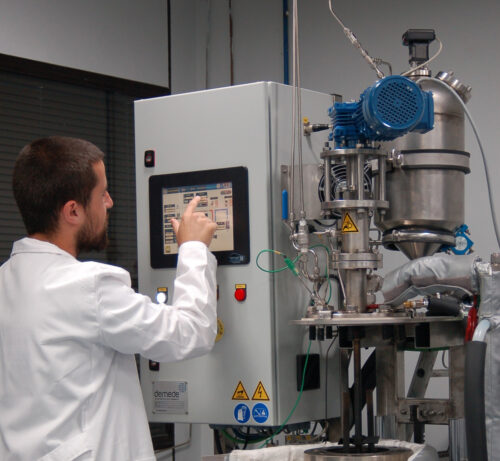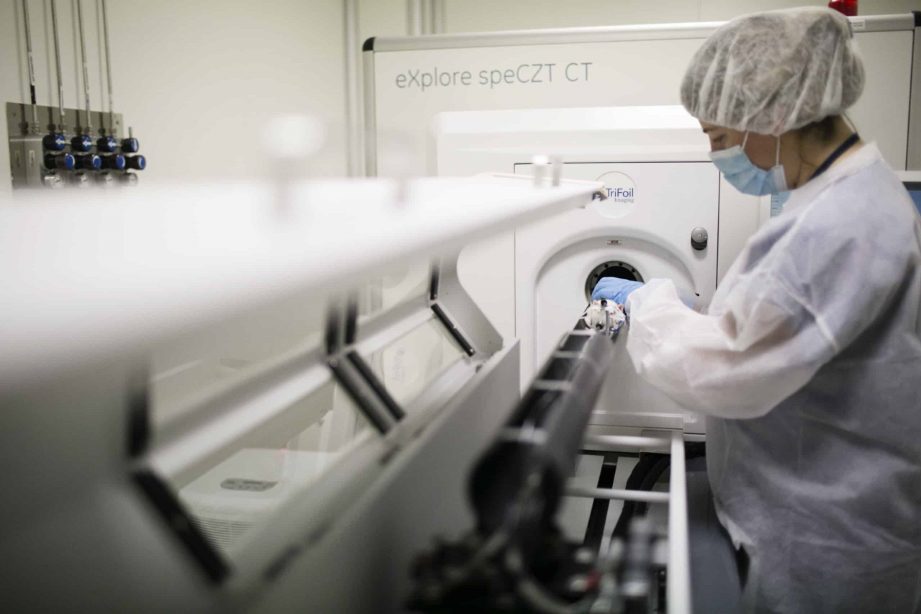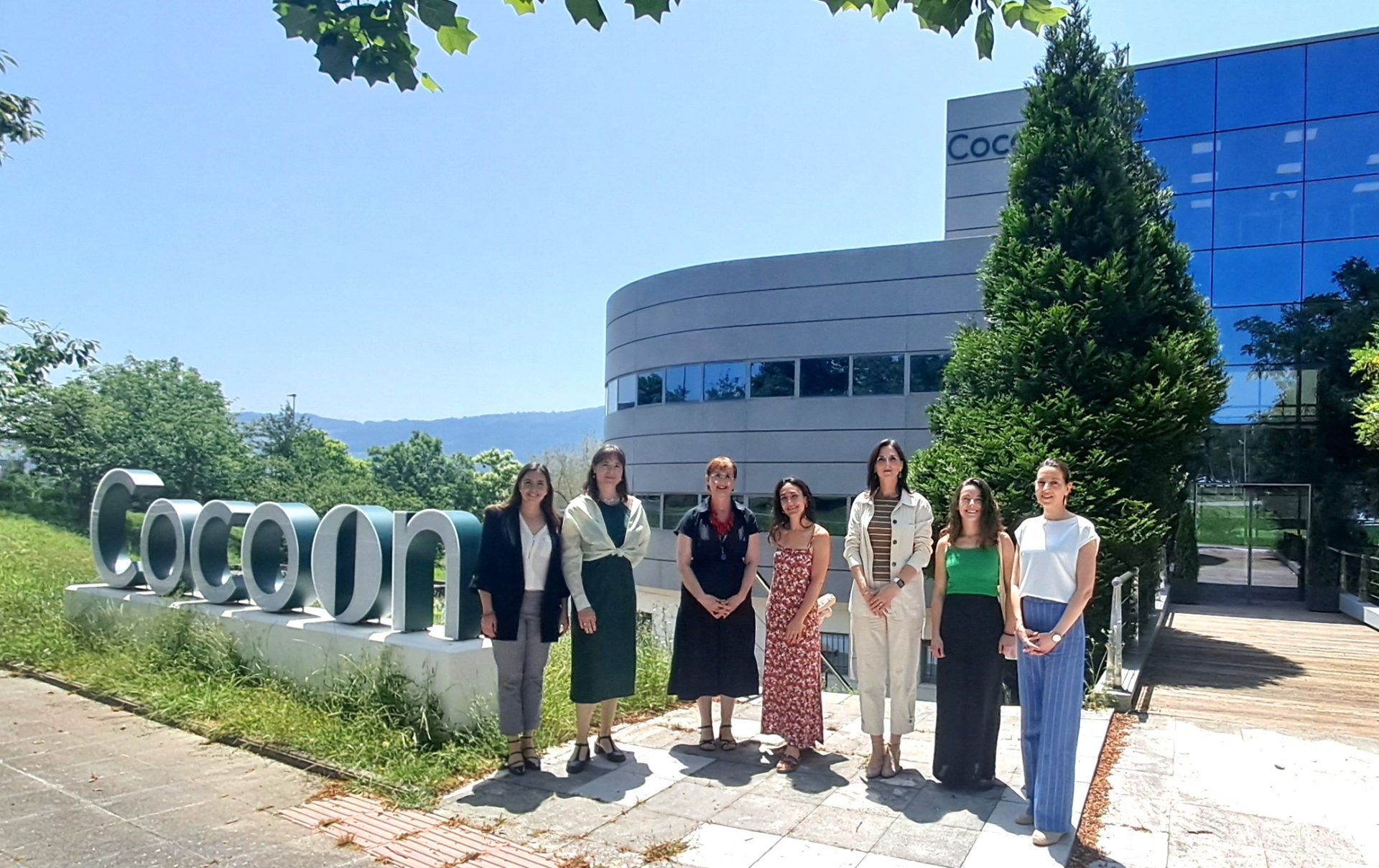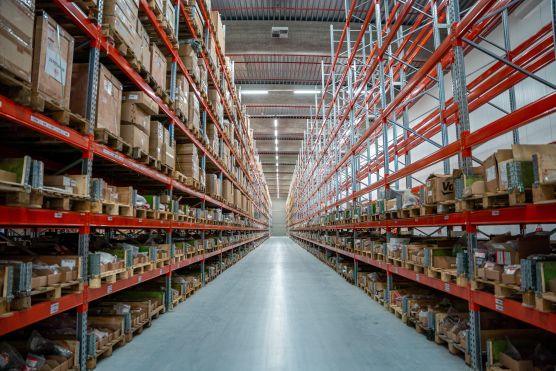New chemical recycling alternatives for the recovery of polymeric wastes

The SusChemPol project aims to develop recyclable materials and processes that allow polymeric waste to be recycled efficiently, generating the raw materials from which they are made
The great challenge for polymer chemistry is to develop recyclable materials and processes that allow polymer waste to be recycled efficiently by converting it into its raw materials, i.e. to obtain monomers or products such as crude oil fractions through chemical recycling. The SusChemPol project, financed by the Ministry of Science and Innovation and the State Research Agency (MCINN-AEI, PLEC2021-007793), was created with the aim of tackling this challenge, with the participation of the GAIKER Technology Centre, a member of the Basque Research & Technology Alliance, BRTA, together with 3 CSIC centres and 4 companies related to waste management and the chemical sector.
Polymers produced from monomeric raw materials generated by chemical processes maintain their properties and recover value thanks to the incorporation into the production cycles of materials that were previously waste and the reduction, therefore, of the impact generated on the environment. However, the current capacity of chemical recycling needs to go one step further to establish an ideal polymer economy, as the performance of these polymers must meet the demands of various high-end applications, such as the synthesis of coatings and resins from recycled materials.
To achieve a solution to this, the SusChemPol project (2021-2024) is initiated to:
– Develop cost-effective and sustainable chemical recycling alternatives with scalable potential to recover three types of polymeric waste: polyesters, polystyrene and its derivatives, and rubber.
– Design alternative synthesis strategies to produce polymers that can be recycled and reused.
– Evaluate material upcycling of recycled and renewable monomers into new, more sustainable polymers, coatings or high value-added products.
– Develop predictive models to assess the quality of chemically recycled monomers/oils.
GAIKER’s work
GAIKER, as an expert in the development of sustainable polymeric materials and in mechanical and chemical recycling technologies, will be in charge of three activities during this research. Firstly, it will depolymerise PET waste (resistant, versatile and recyclable plastic used to manufacture packaging and synthetic fabrics) by means of catalytic glycolysis to produce monomers and oligomers that can be used as raw materials in the formulation of new resins and materials. Secondly, it will perform the analysis to build a predictive model of the yield and selectivity of the reaction, carry out different pyrolysis tests with polystyrene and real waste containing styrenic polymers. And finally, it will synthesise new polyesters from chemically recycled precursors, such as renewable dicarboxylic acids.





